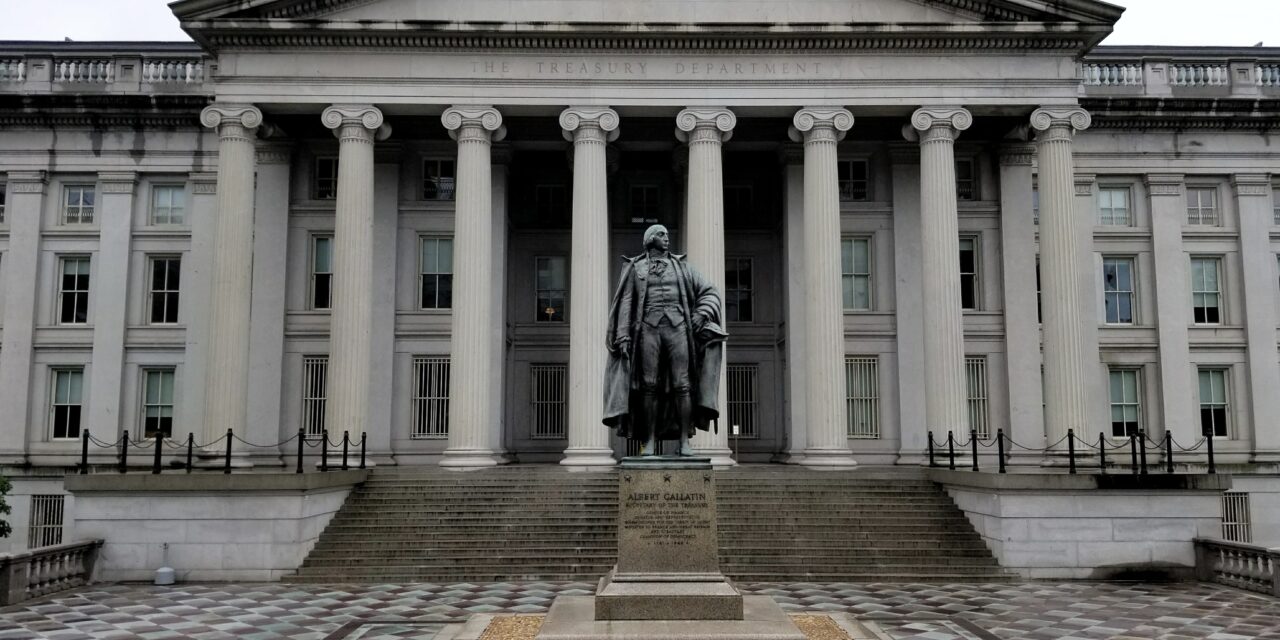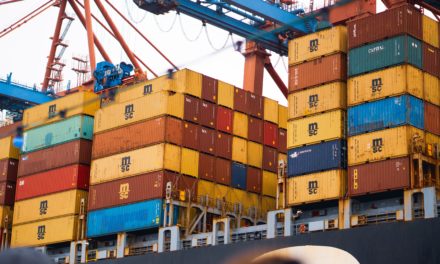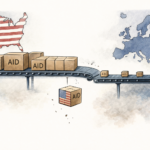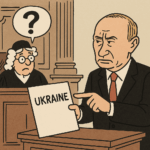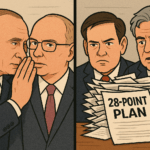The U.S. Department of the Treasury has recently announced substantial sanctions against key components of the Russian energy sector as part of a collective effort by the G7 nations to diminish Russia’s revenue streams derived from energy sales. The actions taken include restrictions on major Russian oil producers, as well as an unprecedented number of sanctions targeting oil-carrying vessels, many of which belong to what is known as the “shadow fleet” — a term referring to shipping practices that evade scrutiny and sanctions.
Key points from the announcement include:
1. Designation of Russian Oil Producers : The U.S. has sanctioned two major oil producers, Gazprom Neft and Surgutneftegas. These companies are significant players in the production and sale of oil, contributing notably to Russian energy exports.
2. Blocking Shipping Entities : A total of 183 vessels have been sanctioned. These include oil tankers involved in illicit trading practices, as well as two maritime insurance providers based in Russia.
3. Target on Shadow Fleet : The shadow fleet refers to vessels that engage in shipping Russian oil under non-transparent practices. Notably, many of these vessels have also been involved in the shipment of Iranian oil, indicating a complex web of illicit oil trading.
4. Measures Against Opaque Traders : Further measures target opaque traders who are deeply involved in Russian oil sales under non-transparent trading methods. These traders typically employ complex corporate structures to avoid detection and sanctions.
5. Sanctions on Oilfield Service Providers : Over 30 Russia-based oilfield service providers, as well as numerous Russian energy officials and executives, have been designated as part of these sanctions aimed at crippling support for oil production operations.
6. Further Sanctions Risks : The newly released executive order enhances the capacity of U.S. authorities to impose sanctions on all entities involved in the Russian energy sector, thus significantly increasing the risks for those engaging in business connected to Russian oil.
7. International Cooperation : The United Kingdom has joined the U.S. in these sanctions, demonstrating a coordinated international approach to addressing the issue.
8. Implications for Transactions and Investments : All U.S. persons, including companies and foreign entities involved in the U.S. financial system, should be aware that direct or indirect transactions with designated persons could lead to penalties, including blocking assets and potential further sanctions.
The overarching goal of these sanctions is to exert economic pressure on the Kremlin, significantly reducing its ability to finance military activities and efforts related to the ongoing conflict in Ukraine. The U.S. and its allies are committed to maintaining and intensifying such measures in response to Russia’s energy production and export strategies.
Read more at the US Department of Treasury

